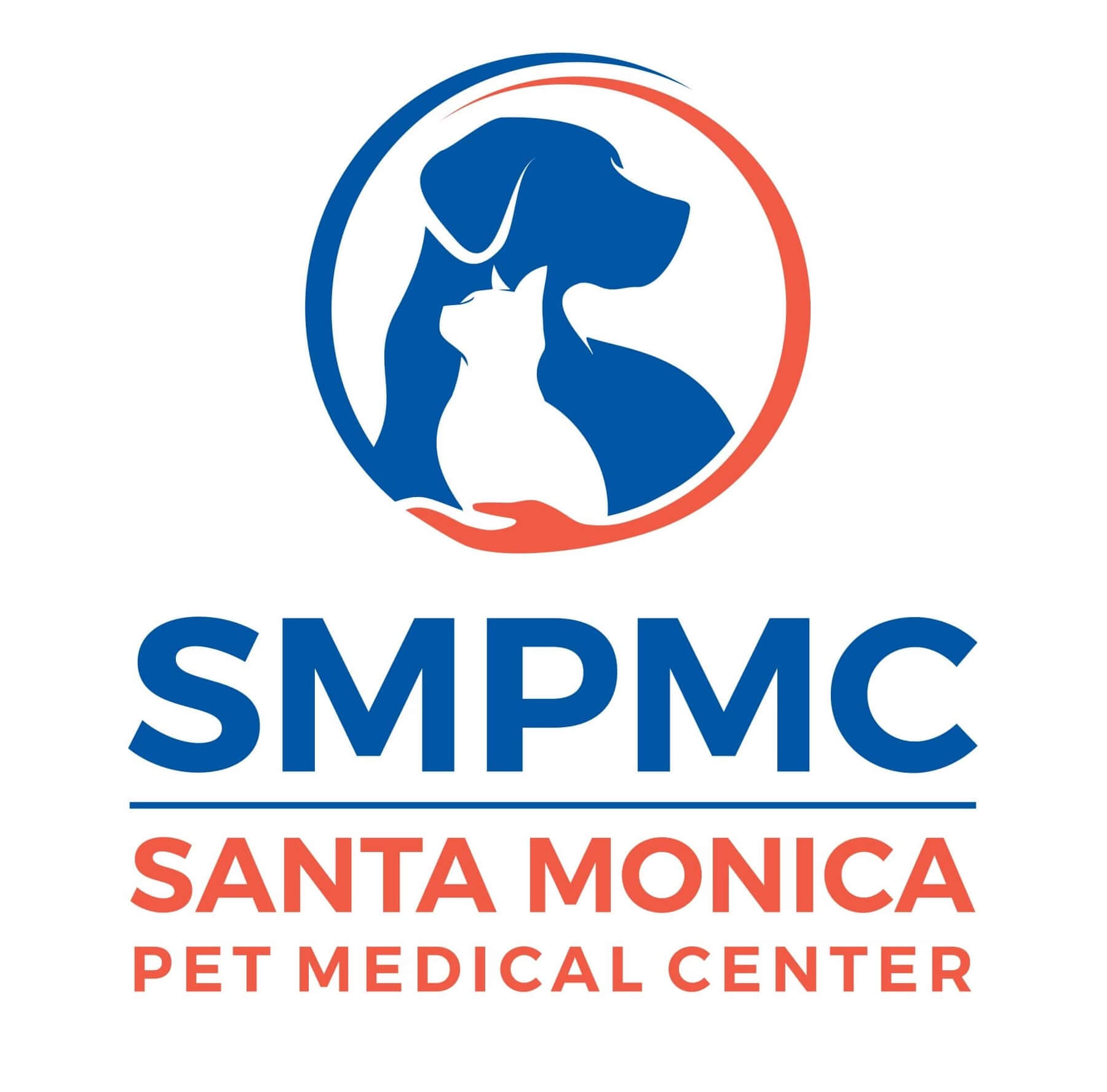Paws Off: Understanding the Toxic Effects of Human Medications on Pets
When it comes to sharing with your four-legged friend, you likely are unable to turn down their soulful stare and end up slipping them an occasional pizza crust or potato chip. While these foods aren’t ideal, they are much less threatening than sharing your medications and supplements. Many pet owners turn to their own medicine cabinets when their pet is ill or injured, but sharing human medications with pets can result in more serious consequences than a few extra calories.
Our Santa Monica Pet Medical Center team outlines the dangers of sharing some common human medications and supplements with pets, so take note before trying to treat your pet’s ailment on your own.
Over-the-Counter Human Medications That Are Toxic to Pets
Over-the-counter (OTC) medications are commonly administered to pets for a variety of aches, pains, and other ailments. Although you can obtain these medications without a prescription, that does not mean they are safe for pet use. Some of the most common OTC medications that cause toxicity in pets include:
- Acetaminophen (Tylenol) — Acetaminophen is a widely used pain reliever for people, but it's extremely toxic to pets, especially cats. A small dose can cause liver damage, difficulty breathing, and death.
- Ibuprofen (Advil, Motrin) — Ibuprofen is another common pain reliever found in many households that is highly toxic to pets and can cause stomach ulcers, kidney failure, and liver damage.
- Naproxen (Aleve) — Naproxen is similar to Ibuprofen and ingestion can cause pets similar adverse effects, including gastrointestinal ulcers, kidney failure, and neurological issues.
- Diphenhydramine (Benadryl) — While diphenhydramine is sometimes used in veterinary medicine to treat allergic reactions in pets, using the appropriate dosage under veterinary supervision is essential. Overdosing on diphenhydramine can cause a rapid heart rate, agitation, tremors, seizures, and coma in pets.
- Pseudoephedrine (Sudafed) — Pseudoephedrine is a decongestant commonly found in cold and sinus medications. Ingestion can lead to elevated heart rate, tremors, seizures, and death in pets.
Prescription Human Medications That Are Toxic to Pets
Prescription medications play a vital role in treating various health conditions in people, but certain prescription drugs can be highly toxic to pets, leading to severe health complications and fatalities. Some of the most common prescription medications implicated in pet toxicity include:
- Antidepressants — Antidepressant medications, such as selective serotonin reuptake inhibitors (SSRIs) like fluoxetine and sertraline, are commonly prescribed to manage people’s mood disorders, but can adversely affect pets if ingested. Antidepressants can cause serotonin syndrome in pets, leading to agitation, elevated heart rate, tremors, seizures, and coma.
- Opioids — Opioid pain medications, such as oxycodone, hydrocodone, and fentanyl, are potent pain management drugs prescribed for people. In pets, opioid ingestion can cause respiratory depression, sedation, vomiting, constipation, and in severe cases, coma or death.
- Beta-blockers — Beta-blockers, like propranolol and atenolol, are prescribed to manage heart conditions, high blood pressure, and anxiety in people. However, ingestion of these medications can threaten pets’ lives and lead to significant drops in heart rate and blood pressure. Beta-blocker toxicity signs in pets include lethargy, weakness, difficulty breathing, and collapse.
- ADHD medications — Medications used to treat attention-deficit hyperactivity disorder (ADHD), such as methylphenidate and amphetamines, can stimulate the central nervous system. In pets, ADHD medication ingestion can cause hyperactivity, agitation, elevated heart rate, tremors, seizures, and death.
Human Vitamins and Supplements That Are Toxic to Pets
To ensure your four-legged friend’s health and well-being, do you consider giving them vitamins and supplements intended for human use? While this gesture may be well-intended, pet owners must understand that not all supplements are safe or appropriate for pets. Dangers that human vitamins and supplements pose to pets include:
- Inappropriate dosages — Human supplements are formulated for human physiology and often contain concentrations of nutrients that far exceed the recommended intake for pets. Administering high doses of vitamins and minerals can lead to toxicity in pets, causing vomiting, diarrhea, lethargy, and organ damage.
- Toxic ingredients — Many human vitamins and supplements contain ingredients that can be toxic to pets. For example, certain supplements may contain xylitol, a sugar substitute that is highly toxic to dogs and can cause hypoglycemia and liver failure. Other ingredients, such as certain herbs and botanicals, may also put pets at risk and can lead to adverse reactions or allergic responses.
- Interactions with medications — As with prescription medications, human vitamins and supplements can interact with medications your pet may already be taking, potentially affecting their efficacy or causing adverse reactions. For example, supplements like fish oil and vitamin E can increase the risk of bleeding when combined with certain medications, while others may interfere with the absorption of prescription drugs.
Whether your pet gets their paws on a dropped pill or chews through a childproof cap, they can be poisoned by human medications. If you suspect your furry pal ingested a potentially toxic substance, contact an Animal Poison Control Center and our Santa Monica Pet Medical Center team immediately.
